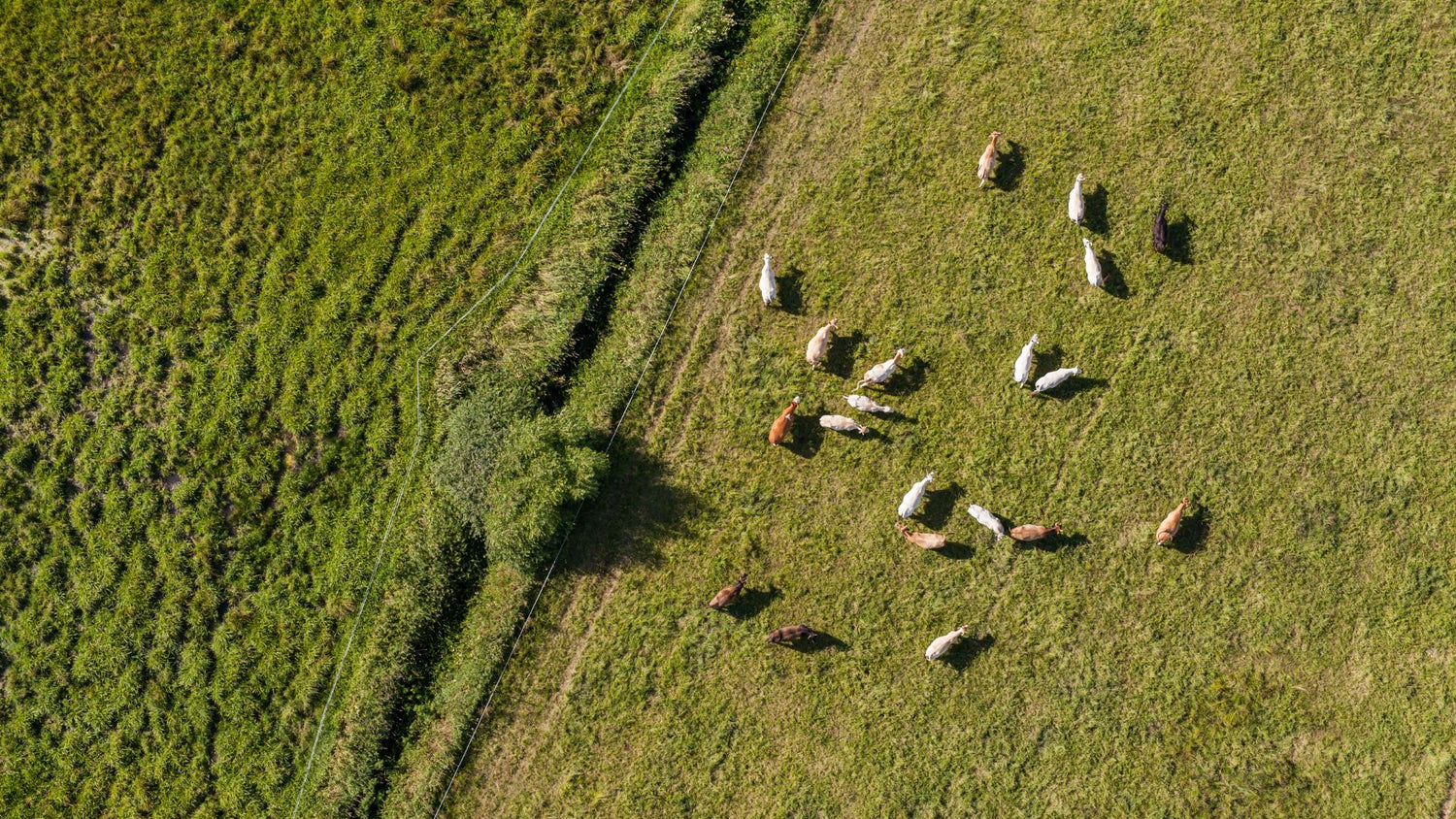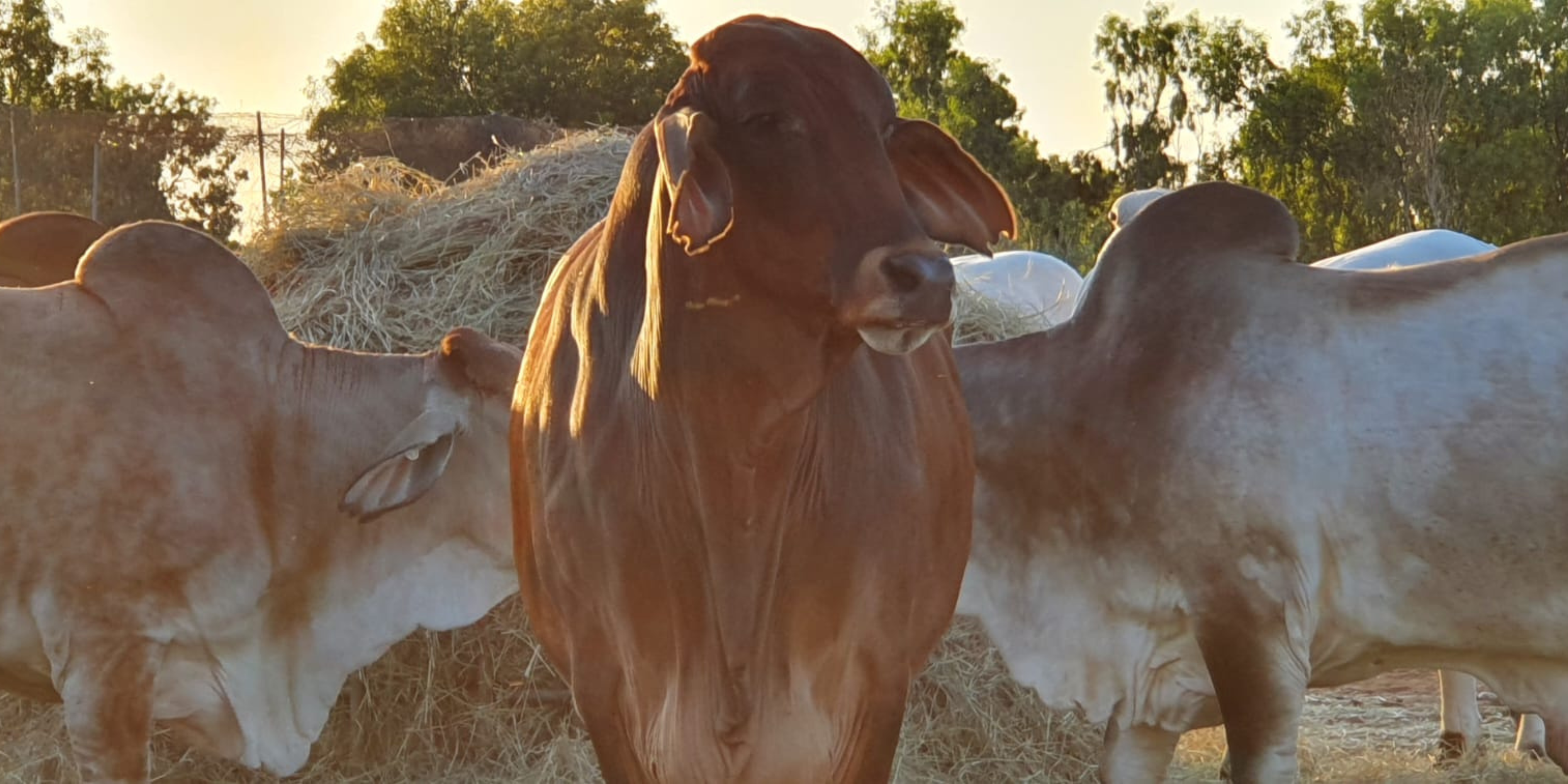
Enhancing Sustainability Reporting with CERES TAG
In today's environmentally conscious world, sustainability reporting has become a cornerstone for businesses committed to transparently showcasing their impact on the planet. CERES TAG emerges as a pivotal technology, offering precise, real-time data crucial for creating detailed and accurate sustainability reports.
Automated Data Collection
CERES TAG's advanced tracking capabilities provide invaluable insights into livestock management, traceability and environmental conservation efforts. This precise, automated data collection supports the reporting of sustainable practices and outcomes in addition to supply-chain traceability, ensuring organisations can document and share their environmental stewardship with confidence.
Improved Environmental Impact Visibility
By utilising CERES TAG, businesses gain enhanced visibility into the direct and indirect environmental impacts of their operations. This visibility is crucial for identifying areas for improvement, setting realistic sustainability goals, and tracking progress over time.
Compliance and Standards Alignment
CERES TAG aids organisations in aligning with global sustainability standards and fulfilling regulatory compliance requirements. The technology's detailed data supports adherence to environmental, social, and governance (ESG) criteria, making it easier for businesses to meet and exceed industry benchmarks for sustainability.
Some recently introduced standards have been introduced to introduce compliance to protect natural capital. These include:
Building Trust through Transparency
Leveraging CERES TAG for sustainability reporting enables organisations to build trust with stakeholders, including investors, customers, and regulatory bodies. Transparent reporting, backed by accurate and verifiable data, demonstrates a genuine commitment to sustainability, enhancing corporate reputation and stakeholder confidence.
CERES TAG is not just a tool for tracking and management; it's an essential asset for any organisation aiming to elevate its sustainability reporting, ensuring that every claim made is supported by reliable data. Embrace CERES TAG, and take a significant step towards a more sustainable and transparent future.
Emissions Reporting
CERES TAG facilitates comprehensive emissions reporting and management across Scope 1, 2, and 3, fostering an active stance towards sustainability:
Scope 1 Emissions Management:
- Monitoring of livestock behaviour and health in real-time, aiding in the adoption of feeding practices that diminish methane emissions.
- Advancements in herd management techniques that effectively minimise emissions directly associated with farm operations.
Scope 2 Emissions Insight:
- Enhancement of energy efficiency via strategic operational planning based on data analytics.
- Betterment of resource utilisation, leading to a decrease in indirect emissions stemming from the consumption of purchased electricity.
Scope 3 Emissions Reduction:
- Examination of the supply chain for opportunities to adopt more sustainable procurement practices and lessen emissions related to transport.
- Provision of comprehensive operational insights, supporting the implementation of environmentally conscious decisions throughout the supply chain.
Through these strategic interventions, CERES TAG empowers stakeholders to not only tackle emissions at every level effectively but also to integrate sustainability deeply into their operations, making a significant impact on environmental conservation and sustainability goals.
Enteric Emissions
Enteric fermentation in ruminants is a major source of agricultural methane emissions.
CERES TAG's technology offers a breakthrough in monitoring and reporting these emissions by providing detailed data on the health, pasture and forage intake, and behaviour of livestock. This data is crucial for understanding the factors that influence enteric emissions and for developing targeted mitigation strategies, such as improved grazing practices.
With CERES TAG, the agricultural sector can make informed decisions that lead to reductions in enteric emissions, supporting broader environmental goals and ensuring accurate reporting for compliance and sustainability initiatives.

Transparency & Trust
CERES TAG plays an important role in enhancing sustainability reporting, focusing on the accuracy of data collection, visibility of environmental impact, compliance with standards, and the importance of transparency in building trust.